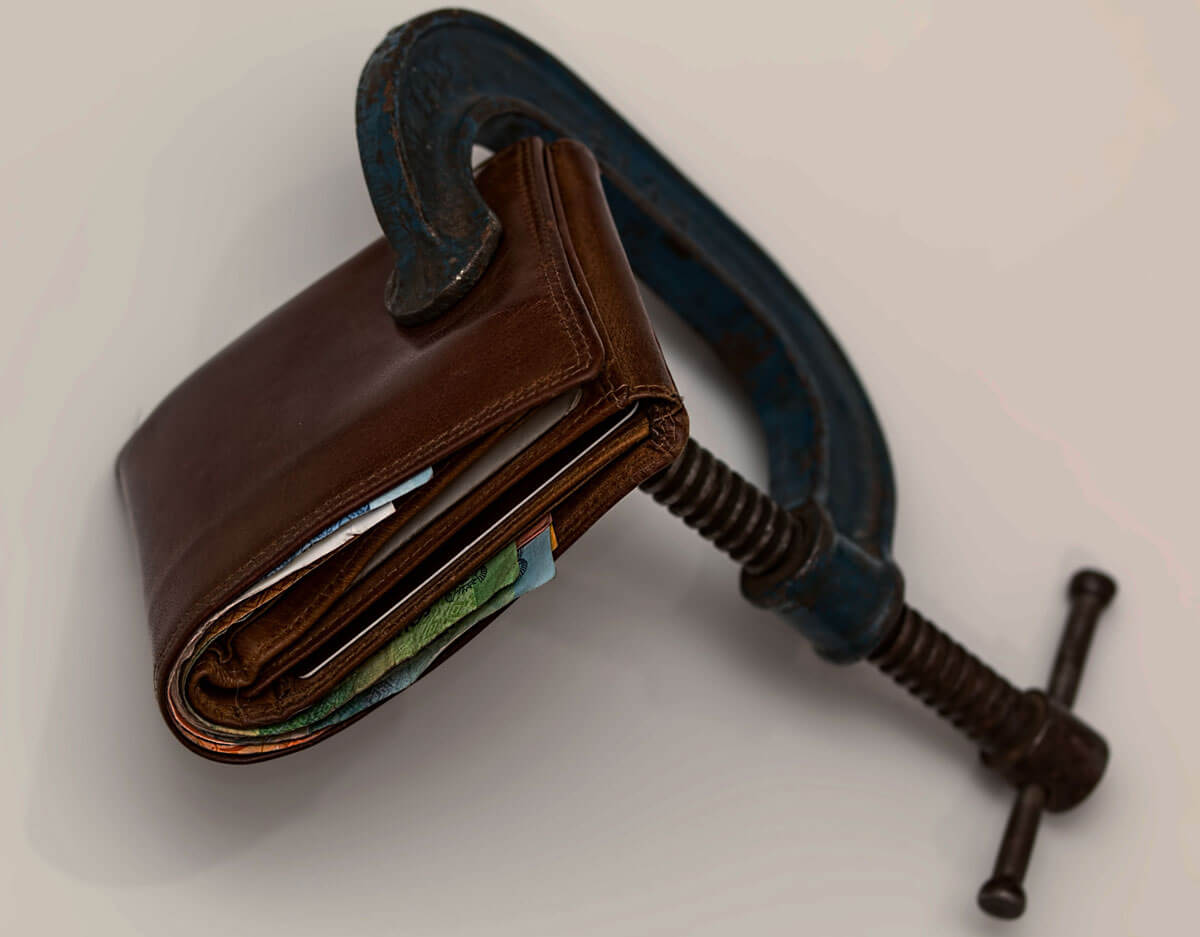A financial settlement on divorce obviously involves the division of the matrimonial assets between the parties.
Unfortunately it is not that unusual for one party to dissipate the assets in their possession, in an attempt to reduce the amount that they have to pay to the other party.
So what can you do if you have reason to believe that your spouse is about to dissipate assets?
The answer is that you can apply to the court for a freezing injunction, restraining your spouse from disposing of assets.
The court will make a freezing injunction if it is satisfied that your spouse is about to dispose of assets with the intention of defeating your financial claim against them.
A ‘guilty intention’ may be proved if the effect of the disposal would be to defeat your claim.
If it is satisfied, the court will make whatever order it thinks fit for restraining your spouse from disposing of the assets, or otherwise for protecting your claim.
If the court considers an injunction is not required, it could, for example, simply order your spouse to give notice of any intention to dispose of assets, so that you can then seek an injunction, if necessary. Or it could protect your claim by requiring your spouse to deposit money into court, or into a solicitor’s joint account.
Obviously, you may fear that your spouse may dissipate assets as soon as they hear of your application for a freezing injunction. In such a case you can ask the court to make an urgent injunction, without notice to your spouse.
But a word of warning. Freezing a party’s assets is a serious matter, which could obviously have a significant effect upon their ability to conduct their financial affairs. The court will not therefore make a freezing injunction unless it considers it to be absolutely necessary.
An example of what can happen if an injunction is applied for without good reason occurred in a recent case in which a husband applied for an injunction to freeze the wife’s assets, simply because he feared that she might dispose of assets.
But the husband had no evidence that the wife actually intended to dispose of assets. Accordingly, the court refused to make the injunction, and ordered the husband to pay the wife’s costs of the application, in the sum of £27,000.
Obviously, freezing injunctions should not be applied for without first taking expert legal advice. We can find you an expert that works with you on our digital platform. For more information, call us on 020 3904 0506, or click here, and fill in the form.
* * *
You can contact us for advice and guidance with no obligation. We can work with you to provide the best outcome in your family law matter.
Image: Public Domain, via Piqsels

